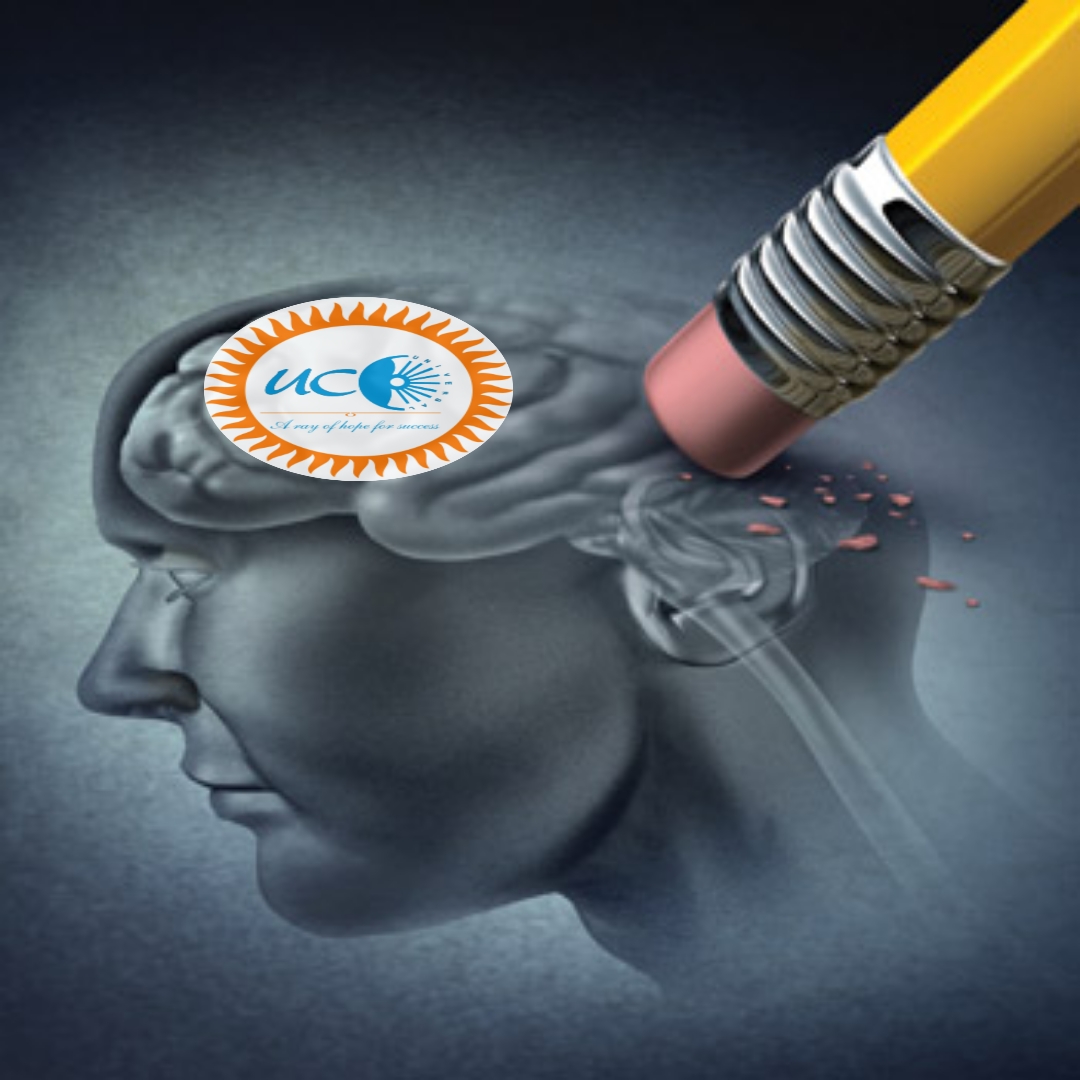What is quantum supremacy? What will be its impact on existing digital technologies like Blockchain and Artificial Intelligence?
Quantum supremacy means that researchers have been able to use a quantum computer to perform a single calculation that no conventional computer, even the biggest supercomputer, can perform in a reasonable amount of time. Google’s quantum computer, named Sycamore, claimed ‘supremacy’ because it reportedly did the task in 200 seconds that would have apparently taken a supercomputer 10,000 years to complete.
It is a term proposed in 2012 by John Preskill, professor of theoretical physics at the California Institute of Technology. It describes the point where quantum computers can do things that classical computers cannot.
Impact on Block chain and Artificial Intelligence based technology
- Processing speed and sophistication: Qubits can act as more sophisticated switches, enabling quantum computers to function in ways that allow them to solve difficult problems that are unmanageable using today’s computers.
- Cryptography: Data that can be encoded with quantum cryptography will be far more secure than any other kind of digital security method. Data in a quantum state is always changing, meaning it cannot be read, preventing ambitious hackers from getting their hands on too much information. This will make AI and Blockchain more secure.
- Distributed Keys: It promises secure digital communication that cannot be broken, even by a quantum computer itself. The system creates very complex mathematical equations that are very time-consuming to complete. However, quantum computers make the calculations instantly simple. Without huge technical detail, third-parties can be detected if they eavesdrop, meaning keys created by two parties are no longer identical, disturbing the quantum event. Banks such as ABN-AMRO are already starting to integrate this type of secure technology.
- Fraud Detection: A clear benefit of quantum technology for banking lies in fraud detection. Automation of fraud detection relies on recognizing patterns in data. Quantum computers are perfect for supporting pattern recognition algorithms thanks to their qubit setup, rather than standard bits, as discussed earlier in this post. More advanced fraudulent acts can be detected thanks to self-learning networks and banks can mitigate fraud before it even happens. Blockchain: A combination of quantum computing and blockchain technology could change things as transactions can be even more secure and faster with increased encryption. It also means that the computing power is there to remove any latency and power issues that exist within blockchain technologies.
- Transactions: Quantum computers will accelerate the field of high-frequency trading done with help of AI through the ability to handle billions of transactions per second in a world where institutions can quickly get overloaded with data, especially where it comes to areas like stock markets. Quantum computing reduces the likelihood of crashes and data loss. Algorithms can be built that automatically initiate trades based on predefined strategies.
- Data Analysis/processing: Quantum computing will likely accelerate the field of artificial intelligence (AI). AI is heavily reliant on large volumes of data to be able to learn. Given quantum computing can process data faster than ever before, machines will quickly gather feedback that shortens their learning curve. For example, functions like bank loans could be almost instantaneous as quantum machines can process the data without any latency. Portfolio managers will not need to worry about managing their investments as a quantum system will be able to continuously provide them with optimal solutions.
With a solid research base and workforce founded on significant and reliable government support, Quantum Computing can lead to the creation of innovative applications by industries, thereby stimulating economic growth and job creation, which will feed back into a growing quantum-based economy. The government’s financial and organizational support will also ensure that both public and private sectors will benefit. It will establish standards to be applied to all research and help stimulate a pipeline to support research and applications well into the future.
Additional Information:Quantum ComputersOur traditional computers work on the basis of the laws of classical physics, specifically by utilising the flow hand, and seeks to exploit the laws that govern the behaviour of electricity. A quantum computer, on the other hand of atoms and subatomic particles. At that tiny scale many laws of classical physics cease to apply, and the unique laws of quantum physics come into play.While a conventional computer outputs the same answer to a problem every time you run a calculation, the outputs of a quantum computer are probabilistic. That means it does not always produce the same answer. So to use a quantum computer, you have to run a calculation through the system thousands or even millions of times, and the array of outputs converge around the answer that is most likely to be correct. In a quantum computer, information is stored in quantum bits, or qubits. And a qubit can be both 0 and 1 at the same time. Quantum physics involves concepts that even physicists describe as weird. Unlike classical physics, in which an object can exist in one place at one time, quantum physics looks at the probabilities of an object being at different points. Existence in multiple states is called superposition, and the relationships among these states is called entanglement. The higher the number of qubits, the higher the amount of information stored in them. Compared to the information stored in the same number of bits, the information in qubits rises exponentially. That is what makes a quantum computer so powerful. And yet, as Caltech’s Preskill wrote in 2012, building reliable quantum hardware is challenging because of the difficulty of controlling quantum systems accurately.






